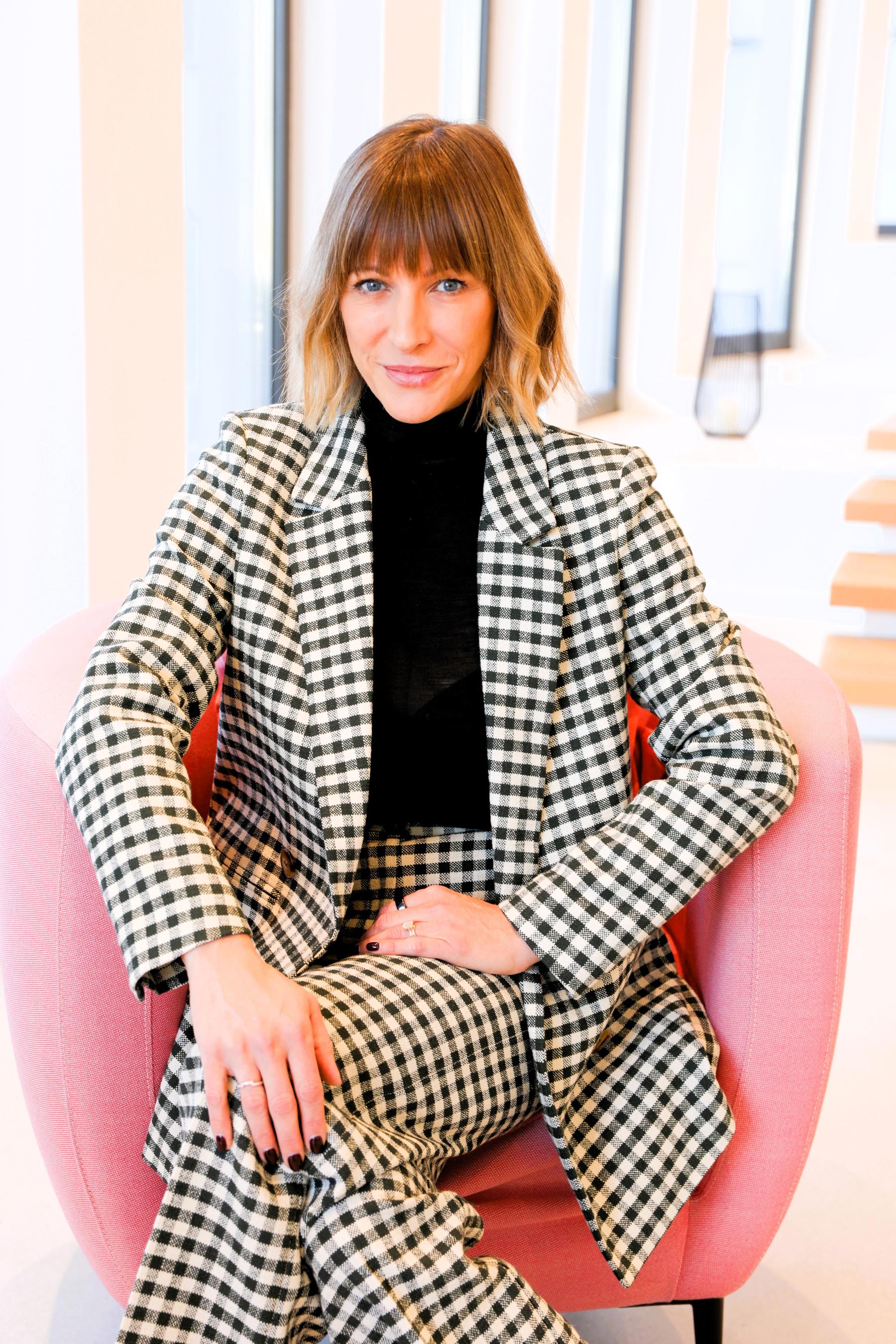Forms gangs! – Diepresse.com

Women do not need a feel-good networks, they need strategic circles of power. Gang. Rope teams. If we put women on shortlists, we bring them on stages, we occupy editor -in -chief and talks. We have to read, hear, see women. The patriarchy lives from division, but the strongest lever is connected.
We imagine an alternative reality for a moment: men earn an average of 11.4 percent less than women every year. The headlines would be dramatic. « Wage theft of Austria's men! », « Economy in danger: men slide into poverty! ». There are special sessions in the parliament, emergency laws and nationwide protests. But since the wage gap is real – just the other way around – it remains with nice declarations of intent and perseverance, slogged advice. (Especially on and around International Women's Day on March 8th.) Same payment, fair opportunities for advancement, the equally distributed care work and a fair distribution of power are still wishful thinking- and as long as women do a large part of the unpaid care and household work, while men do career, nothing will change.
We cannot wish for equal opportunities. It has to be disputed. Because in 2024 women are also massively underrepresented in management positions. According to the current women. Management.report der Chamber of Labor Vienna in the 200 largest companies in Austria are only 12.2 percent of managing directors female. Even more frightening: in the board members of the ATX companies, the proportion is only 11.8 percent-and thus below the EU-Clace of 22.2 percent. There is no single female board in ten of the 69 listed companies. And that in 2024.
The supervisory boards show that quotas make a difference. There, the proportion of women in the quota -bound companies has increased from 22.4 percent (2018) to 36.5 percent. The upswing is now stagnating, but it shows that binding measures work. So why not finally a binding women's quota for board members? Germany shows it.
The idea that the « best » automatically prevail is a convenient illusion that cemented existing power structures. In her book « Revolution of Connection », Franziska Schutzbach emphasizes that the faith, performance prevails on its own, serves as a instrument of power to disguise structural hurdles and let the system's winners.
There is no more cake
Let's imagine the whole thing as a 100-meter run: men start 20 meters further ahead, while women have to overcome additional hurdles on their track. And then one claims that the victory depends solely on the individual performance. This distorted understanding of performance ignores systematic disadvantage and keeps the patriarchy alive.
It cannot be baked « more cake » for everyone – there is a cake and it is distributed. Power, influence and money are not infinite resources, but something that has so far been very one -sided. Women have to fight for access. This is not a cuddly course, but tough compensation for interests. If you don't sit at the table, your interests are not considered. Women must be represented on an equal footing in business and politics.
The goal is equality – not a third representation
According to the Glass-Ceiling Index of the British « Economist“If the proportion of women is on company board members in the OECD 33 percent today – an improvement compared to 21 percent in 2016, but still far from real equality. And while in countries such as France and New Zealand there are almost tap in the supervisory boards, others, including Austria, bubble in the lower midfield. The same picture is evident in politics: the proportion of women in the parliaments of the OECD rose to over 34 percent for the first time in 2024. That is not enough for applause. The goal is equality – not a third representation.
Studies show that various management teams make better decisions, are more innovative and achieve more economic success. Companies with a higher proportion of women at the management level often have better working conditions, fairer wage structures and a greater awareness of social responsibility. And for society this means: more role models, more opportunities, more justice.
The following also applies in politics: If women are not represented on an equal footing, their perspectives are missing. Legislation on parental leave, childcare, equivalent to income or poverty in old age are often dominated by men – and this can be seen from the results. Countries with equal parliaments implement equality policies faster. Where women are missing, the measures that benefit them are also missing. And even the chance of peace is higher when women are present in political negotiations.
Visibility is power
Let's turn the skewer. Women do not need a feel-good networks, they need strategic circles of power. Gang. Rope teams. Allies. If you need exclusive cigar clubs, then our own. If we put women on shortlists, we bring them on stages, we occupy editor -in -chief and talks. We have to read, hear, see – look at their art, watch their films, buy their books, stream their music, use their products. Visibility is power. And above all: we finally have to stop taking it when panels, board members and committees are only occupied with men.
Franziska Schutzbach points out that one of the greatest strengths of the patriarchy is to play women against each other. Competition, delimitation, distrust – all of this maintains existing structures. Nobody has to pretend that women have always agreed, in harmony or as if feminist solidarity were a sure -fire success. Different perspectives, values and experiences are not a weakness – they are our reality, they mean diversity. And that is exactly why it is all the more important that we join together.
This connection may not only work for a few. Feminism has to work for everyone, must be intersectional. We not only have to use networks for ourselves, but also for others. We not only have to open doors to women who are similar, but also for those who have fewer privileges who do not sit in the exclusive rooms, for migrant women, queer women, women with disabilities and all those who are of multiple discrimination. Feminism is not just a struggle for career opportunities, but about real equality – for everyone. We form gangs!
Katharina Häckel-Schinkinger leads the areas of communication and fundraising of the Caritas Austria and is a member of the management. Just distribution of care work is not only a political concern for her, but also a matter of negotiation at home with three sons and a daughter.
Reactions to: Debatte@Diepresse.obstaclecom







